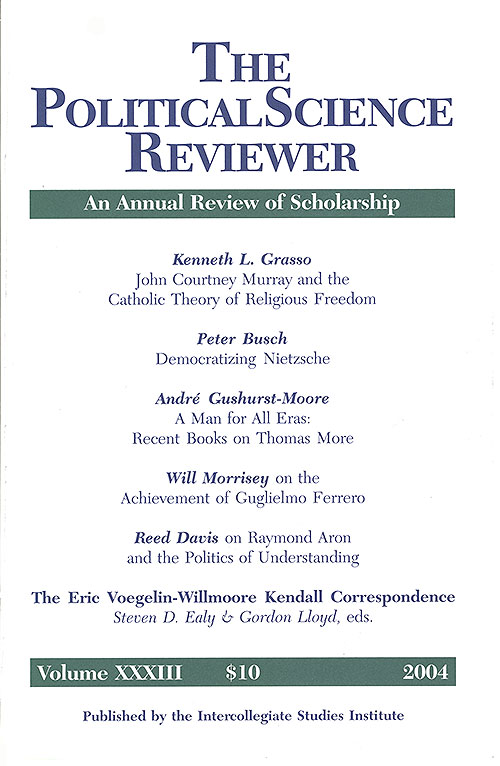Abstract
It can sometimes seem as if many modern intellectuals have seen a ghost, and that they have been unnerved by the experience. What so haunts them is the fact that much, especially concerning what is good, fitting, or right, cannot be known with the precision and certainty that modern science, at least, demands. These intellectuals have as a result adopted a public, formal skepticism, a decisive influence of which has been to undermine the moral confidence of the larger community. Formal skepticism does this by aggressively calling into question the validity of—and thereby crippling the community's capacity to give effect to—its moral judgments, judgments which it has long been thought simply have to be made and acted on if good human beings and decent communities are to be achieved and sustained.
